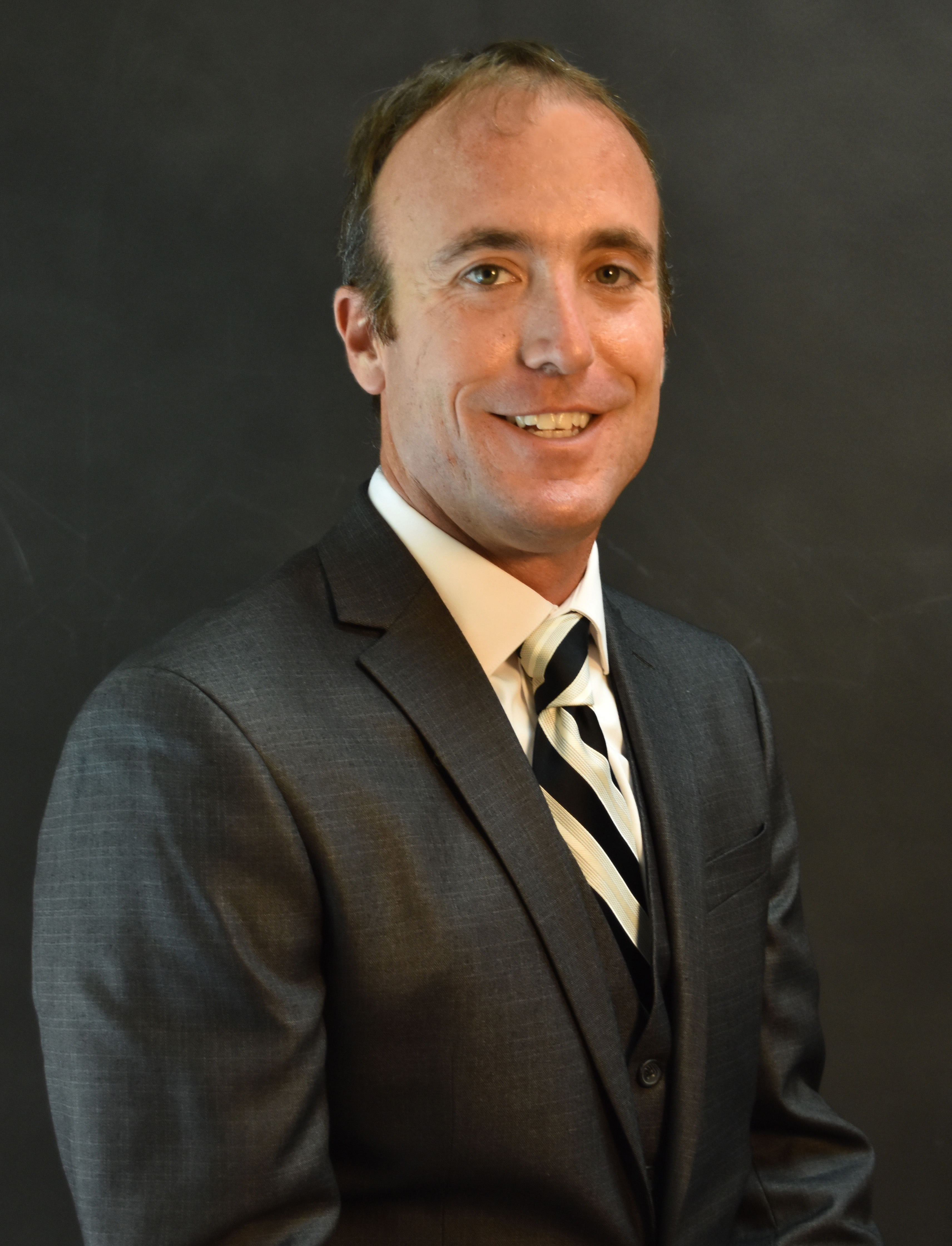Wednesday, August 10, 2022 | 11am EDT | 8am PDT | 5pm CET
Event Overview
Detection of mycoplasmas is a time consuming task. Once detected, the typical course of action is to eradicate the affected lot with intensive cleaning and verification so that the raw materials used are clean of the contamination.
Traditional microbiological methods used to detect mycoplasma, such as direct culture and indicator cell culture, are well established and reliable, but have several limitations. To overcome these limitations, NAT method (Nucleic Acid Techniques) detection of mycoplasma is becoming more accepted. NAT methods, such as MycoSEQ, MycoTOOL and Biofire are faster, but they require specialization in order to be properly performed. By utilizing the traditional compendial methods and rapid NAT assays, detection of mycoplasma in a variety of sample matrices can be achieved.
During this webinar, our experts will take a deep dive into the various Mycoplasma Testing Methods, including:
- A comparison of available Mycoplasma testing methods, including pros and cons for each method
- Guidance for choosing traditional compendial methods or rapid NAT assays for a given a sample matrix and timeline requirements
- A summary of applications that are best suited for rapid methods.
Presenter:
 |
Jonathan Demick, Ph.D. Principle Scientist, Mycoplasma Services Eurofins BioPharma Product Testing |
|
As a principle scientist at Eurofins BioPharma Product Testing, Dr. Demick oversees the Rapid Mycoplasma testing services at the Lancaster, PA facility. He lends his 15 years of experience in molecular biology and specialized expertise in qPCR, RT-PCR and ddPCR-based methods to supporting clients’ needs for Rapid Mycoplasma Testing. Dr. Demick earned a B.S. in biochemistry from Beloit College, a M.S. in bacteriology from UW-Madison and a Ph.D. in biochemistry and molecular biology from the University of Georgia.
|
|
Moderator:
 |
Stanley Prince Senior Scientific Advisor Eurofins BioPharma Product Testing |
|
As a Senior Scientific Advisor for Eurofins BioPharma Product Testing, Mr. Prince provides technical and commercial support for GMP Biosafety services for large molecule and cell and gene therapy projects, helping clients to navigate specialized testing needs. Mr. Prince has worked for large molecule and cell and gene therapy CRO’s his entire career, bringing over 17 years of experience to his role at Eurofins. He earned a B.S. degree in life sciences from Penn State University and an M.B.A. from Alvernia University.
|
|
Detection of mycoplasmas is a time consuming task. Once detected, the typical course of action is to eradicate the affected lot with intensive cleaning and verification so that the raw materials used are clean of the contamination.
Traditional microbiological methods used to detect mycoplasma, such as direct culture and indicator cell culture, are well established and reliable, but have several limitations. To overcome these limitations, NAT method (Nucleic Acid Techniques) detection of mycoplasma is becoming more accepted. NAT methods, such as MycoSEQ, MycoTOOL and Biofire are faster, but they require specialization in order to be properly performed. By utilizing the traditional compendial methods and rapid NAT assays, detection of mycoplasma in a variety of sample matrices can be achieved.
During this webinar, our experts will take a deep dive into the various Mycoplasma Testing Methods, including:
- A comparison of available Mycoplasma testing methods, including pros and cons for each method
- Guidance for choosing traditional compendial methods or rapid NAT assays for a given a sample matrix and timeline requirements
- A summary of applications that are best suited for rapid methods.
Presenter:
 |
Jonathan Demick, Ph.D. Principle Scientist, Mycoplasma Services Eurofins BioPharma Product Testing |
|
As a principle scientist at Eurofins BioPharma Product Testing, Dr. Demick oversees the Rapid Mycoplasma testing services at the Lancaster, PA facility. He lends his 15 years of experience in molecular biology and specialized expertise in qPCR, RT-PCR and ddPCR-based methods to supporting clients’ needs for Rapid Mycoplasma Testing. Dr. Demick earned a B.S. in biochemistry from Beloit College, a M.S. in bacteriology from UW-Madison and a Ph.D. in biochemistry and molecular biology from the University of Georgia.
|
|
Moderator:
 |
Stanley Prince Senior Scientific Advisor Eurofins BioPharma Product Testing |
|
As a Senior Scientific Advisor for Eurofins BioPharma Product Testing, Mr. Prince provides technical and commercial support for GMP Biosafety services for large molecule and cell and gene therapy projects, helping clients to navigate specialized testing needs. Mr. Prince has worked for large molecule and cell and gene therapy CRO’s his entire career, bringing over 17 years of experience to his role at Eurofins. He earned a B.S. degree in life sciences from Penn State University and an M.B.A. from Alvernia University.
|
|